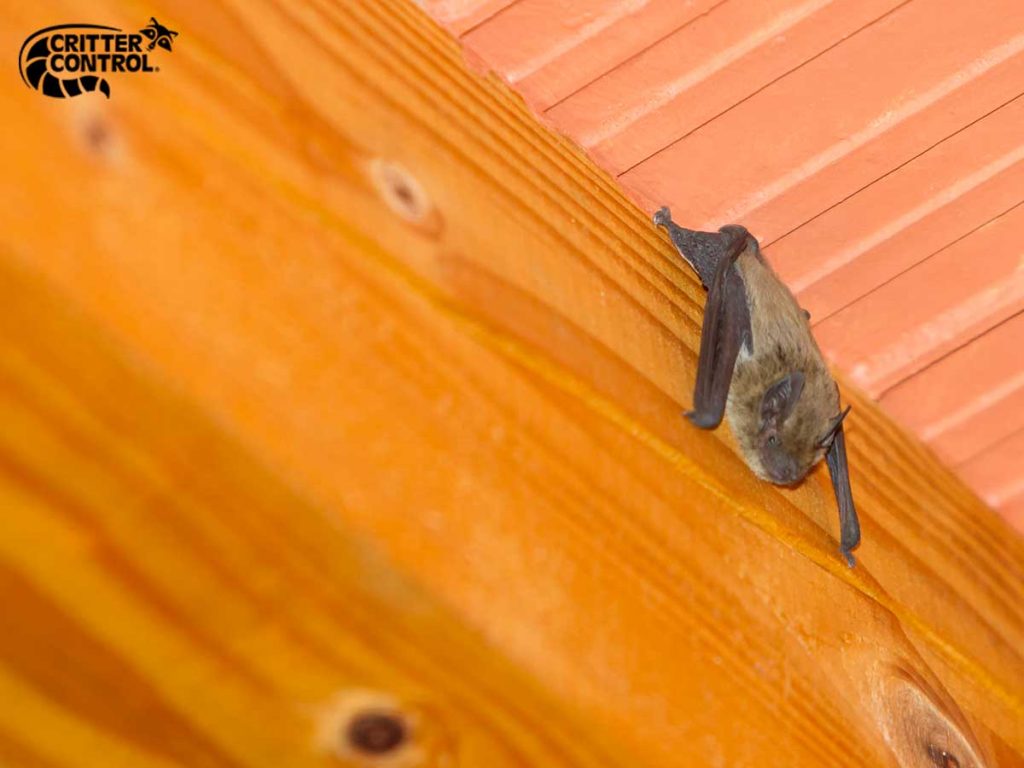
Bats are among the smallest yet most important mammals in Florida’s ecosystem. These tiny creatures fly around at night managing invasive pest populations by eating small insects. It’s important to know the basics about bats in case one manages to make its way into your Lake County residence.
If you’re worried about a bat infestation on your Lake County property, here are five key bat facts to help you should know.
1. There are thirteen species of bats are found in Florida
Some species live in Florida year-round, while others are seasonal. Of the 13 species, there are five specifically found around Lake County. These include:
- Evening bat
- Gray bat
- Florida bonneted bat
- Northern yellow bat
- Brazilian free-tailed bat
The Gray and Florida bonneted bats have an extra set of legal protections. Both species are considered endangered under federal law.
2. Bats in Florida are usually only two or three inches long.
Due to their small size, these critters can go largely unnoticed. While their size may not give them away, there are several other signs that bats have taken up space in your attic. Here are some telltale signs of a bat infestation to keep an eye out for:
- Rustling in the walls
- Stains around entry points
- Squeaking noises
- Smelly bat guano or droppings
3. Bats will not suck your blood.
Contrary to popular belief, bats are usually not threatening to humans. However, they will bite if they are threatened. Additionally, bat droppings and urine can pose health risks to humans as well. Below are three common diseases bats can spread to humans through either direct or indirect contact.
- Histoplasmosis
- Salmonellosis
- Rabies
4. Bat droppings can cause major damage to your home and health.
If the bat infestation isn’t dealt with, property damages can accumulate over time. Several types of damages can occur from bats. Already-damaged areas, such as unsealed vents or bricks, will become further damaged due to bats using them as entry points. Bat urine causes an unpleasant smell and will leave stains on wood. The most dangerous type of damage is if bat droppings leak into the water supply of a residence. This largely increases the risk of disease to humans.
5. It is illegal to trap and remove bats in Florida.
Since there are so many protected species of bats, Florida has strict laws regarding how to remove them from homes and businesses. There are three important things to know about bat removal laws in Florida.
- Instead of using traditional catch-and-release methods, they must be evicted from a residence through a process called exclusion.
- All 13 species of bats are considered protected in Florida due to their role in the ecosystem. As a result, it is illegal to intentionally poison or kill them.
- Bats cannot be excluded from residences between April 15–August 15. This is due to bat maternity season, where flightless bats are born and raised by their mothers.
Your Lake County Bat Removal Experts
If you discover a bat in your Lake County home or business, do not attempt to remove it yourself. Instead, hire a bat removal specialist who has the legal and professional knowledge to exclude them.
The wildlife removal experts at Critter Control® of Lake County are equipped with the expertise to safely deal with your bat infestation problem. Our safe and humane methods ensure every wildlife removal is as easy as possible for both you and the critter.
For more information or to schedule a free consultation, call Critter Control® of Lake County at 352-204-0074.








